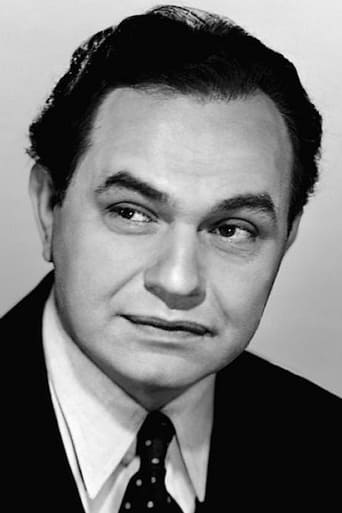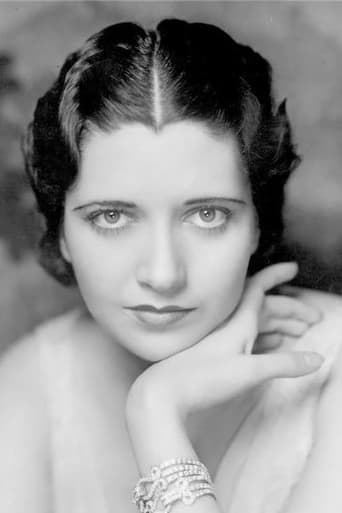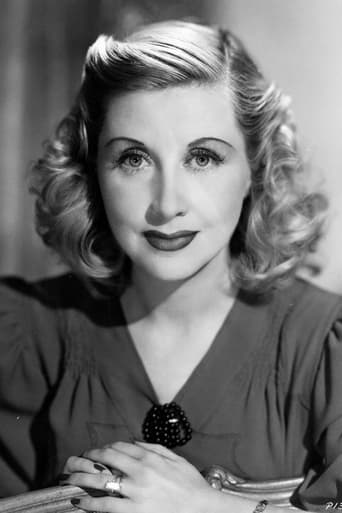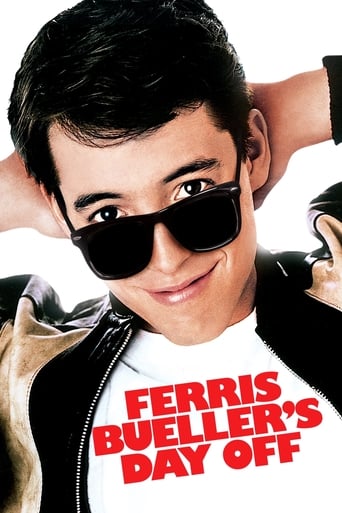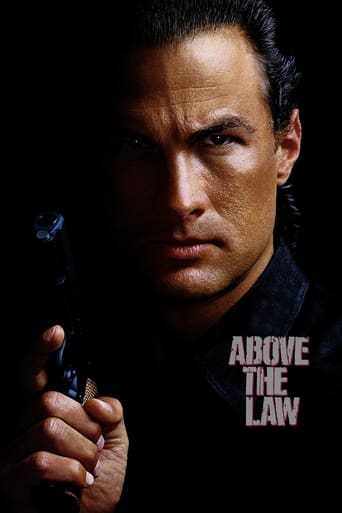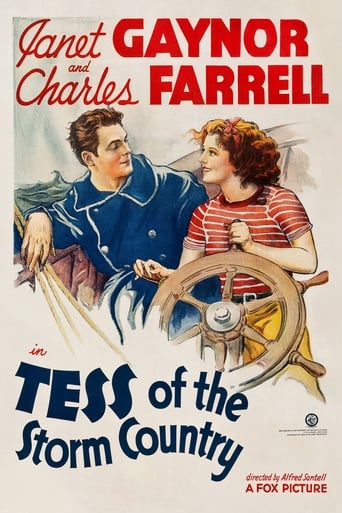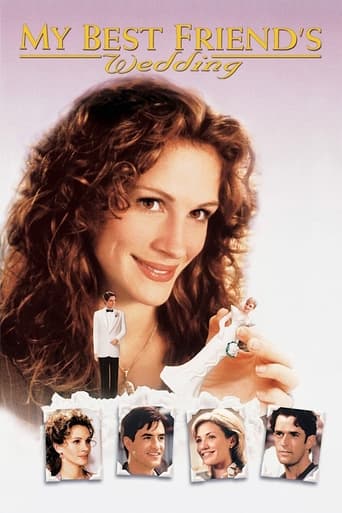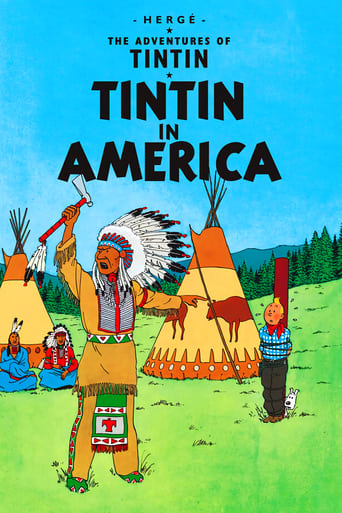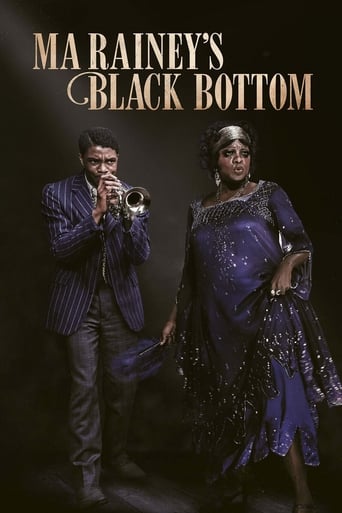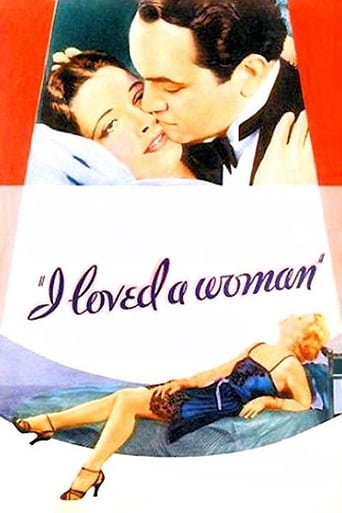
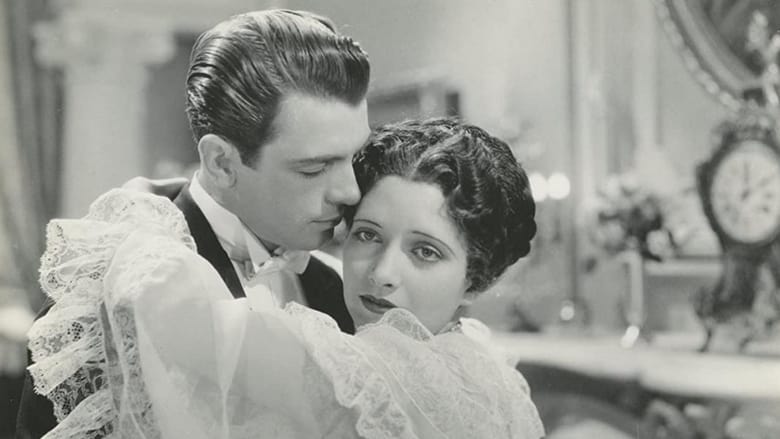
I Loved a Woman (1933)
The son of a ruthless meatpacking king goes through a number of changes in ideals and motivations as he reluctantly inherits the mantle and falls in love.
Watch Trailer
Cast
Similar titles
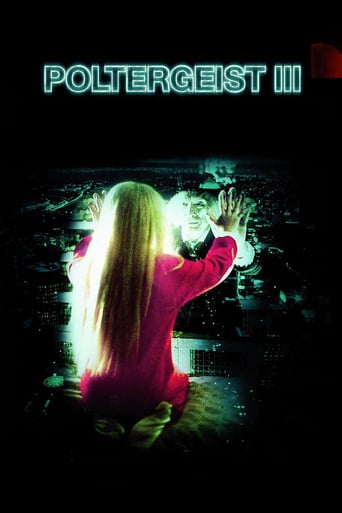

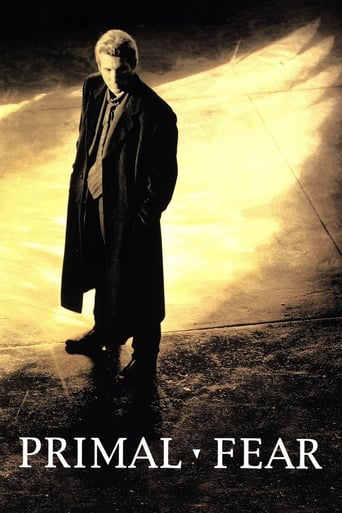
Reviews
If you don't like this, we can't be friends.
The performances transcend the film's tropes, grounding it in characters that feel more complete than this subgenre often produces.
By the time the dramatic fireworks start popping off, each one feels earned.
The film never slows down or bores, plunging from one harrowing sequence to the next.
Some plot strains from Citizen Kane are present in this melodrama involving meatpacking tycoon Edward G. Robinson who is married to Genevieve Tobin but his heart belongs to opera singing Kay Francis. Would that I Loved A Woman were as good as the Orson Welles masterpiece.Robinson ages over 30 years in I Loved A Woman. When we first meet him he's a young art student on the holiday in Europe that rich young men had back in the day. That's when he hears his father has died and comes home to take over the business.He becomes the Donald Trump of the meatpacking industry in the 1890s. In the famous tainted beef case of the Spanish American War he skates on that when Theodore Roosevelt can't bust the meat trust. But it's his personal life that this film is concerned with.He marries Tobin, daughter of rival Robert Barrat, but as he eclipses Barrat in standing in the industry he finds she married him for social standing and to bring his business into dad's fold. It works the other way around however. Like Charles Foster Kane he finds a Susan Alexander with another aspiring singer Kay Francis. Naturally it's a given with me that Kay's voice was dubbed, but why would an aspiring opera singer be rehearing with Home On The Range?In any Kay let's him down as well and soon things in the business world go bad on him. Let's just say Robinson made some bad business decisions and overextended himself.British actor E.J. Ratcliffe plays Theodore Roosevelt in a brief scene with Robinson. He does his best, but when TR succeeded William McKinley TR was 42 years almost 43 our still youngest president. The 70 year old Ratcliffe was ridiculous in the part. In fact the whole story about TR's involvement in the scandal about the tainted beef is all wrong.In the Citadel Film series book on the films of Edward G. Robinson we learn he wasn't happy with the script and story. Seeing what I saw I couldn't blame him. In fact no one in the cast look like they took it all too seriously.
What a peculiar (but often fascinating!) film! The title has a little to do with Robinson's character, but it really isn't a woman he loves, but the meat-packing business! Eddie G., who wants to make the world more artistic and to clean up the Chicago slums, inherits an unsavory but highly successful business from his father, and makes an attempt to break away from corporate alliances--enter Kay Francis, in one of her vamp roles, this time as an opera singer aiming for the top European houses, but needing a little cash infusion to get there--she seduces the good EGR by sitting down at the piano--and suddenly warbles a contralto version of "Home On The Range"! No Tosca, no Mimi, no Traviata--this overdressed little flower brims blooms with the Western tune a total of three times--and it becomes an ironic interlude throughout the film--Robinson also attempts to capture the world food market, even buys cattle instead of just canning it! (Some echoes of Upton Sinclair feeds plot complications).For early fans of Mr. Robinson and Our Kay, this is compelling fun, and frequently details fascinating turns of historical event--Teddy Roosevelt makes a personal appearance and WWI turns the world upside down. For those expecting the powerful one-note (but perhaps less well-rounded) characterizations which Robinson was often gave, there may be surprises as he ages--and hides out in another country. For others, this is a historical curiosity peopled with familiar early First National Faces.
"I Loved a Woman" is a 1933 film starring Edward G. Robinson and Kaye Francis. It's the story of an art-lover in the Victorian era whose family is in the meat-packing business in Chicago. With his father's death, John Hayden cuts his trip to Greece short to go home and take over the company. A humanitarian, he is interested in making life better for the employees by cleaning up the packing house district where the employees live, and he is not interested in the cut-rate practices of his competitors. He meets and falls in love with the pretty Martha Lane, whose father is just such a competitor and in need of money. Martha, too, is interested in causes. She and John marry, but they grow apart as she becomes more practical. John is approached by an aspiring opera singer Laura McDonald (Francis) who wants him to back her studies; he agrees, and he falls in love with her. Laura, however, is ruthless and convinces John that he must be, too. He goes against everything he ever believed in to put his company back on top with disastrous results.I have to admit I was less impressed with this film than the first person who commented. First of all, with all of the beautiful operatic music in the world, why is the only song Laura sings "Home on the Range" - many times? Okay, I get the cattle theme but it was too much. And I didn't understand John suddenly becoming this ruthless man willing to send to soldiers overseas bad meat with fillers and other substances. Laura gives him one little lecture, and he turns into a third world dictator.Robinson is very good, though he and Francis wear a lot of makeup. The characters, however, weren't especially likable or sympathetic. John does have the audience's sympathy at the beginning and at the very end, where Robinson's acting really stood out.
Here is yet another of the films from early in Edward G. Robinson's career that has inexplicably and unfortunately been forgotten. A tale which anticipates "Citizen Kane" in an astonishing number of ways, it tells the moving story of a multi-dimensional character transformed from an idealistic and impetuous young man into a ruthless, demanding, ultimately abandoned force in business and politics. Robinson's character, John Hayden, knows how to get what he wants, but is never sure what that really is. Solid performances by a first-rate cast complement a scenario able to cover decades with crisp efficiency.There are some unfortunate sequences in which the dialog becomes florid, stilted, and too much in the manner of a lesser Victorian romance. And the use of "Home On The Range" as a Rosebud motif comes across as ludicrous, to put it charitably. Such flaws, however, do not seriously lessen the impact and entertainment value of this undeservedly obscure picture.
